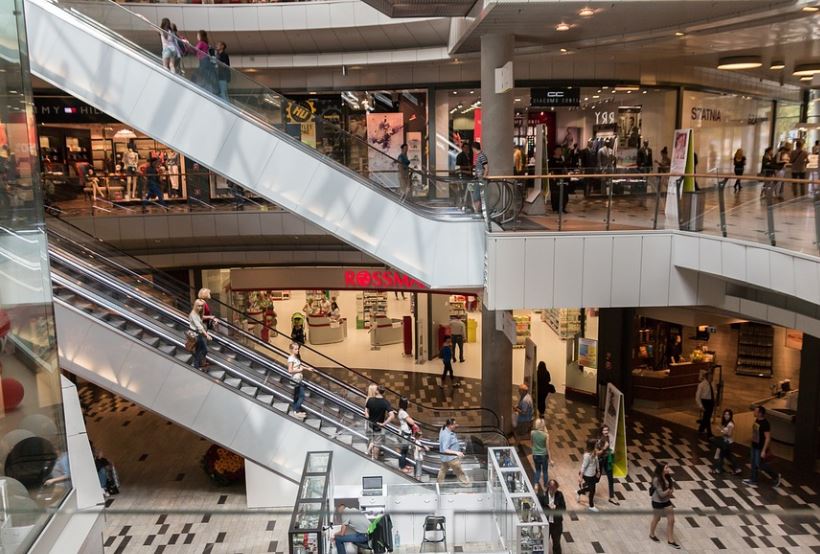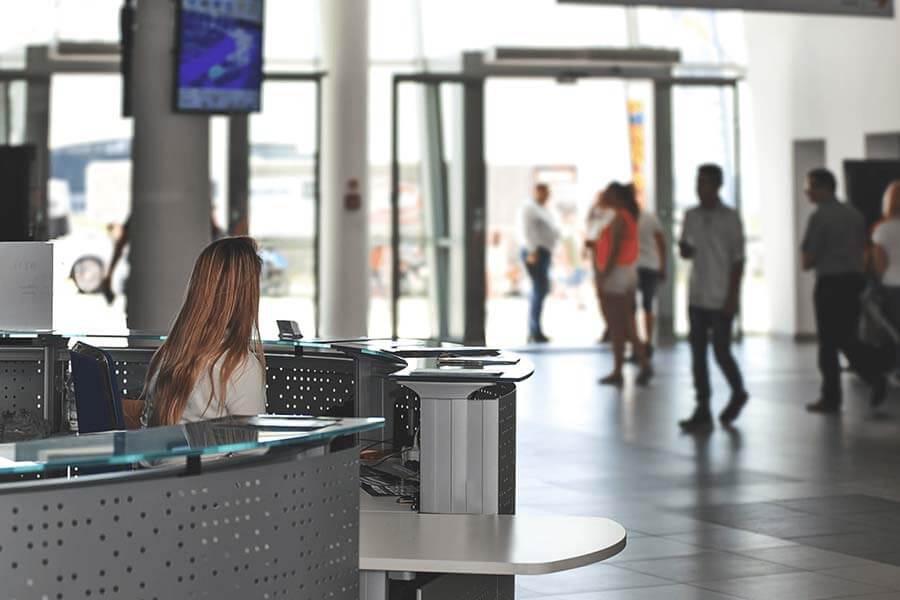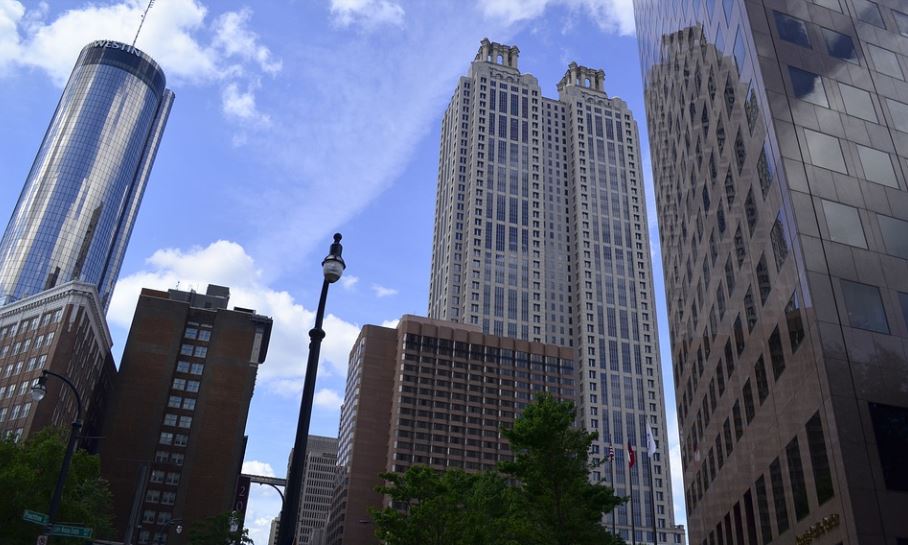Security guards are the unsung heroes of many businesses, institutions, and organizations. While they may not always enjoy the celebrity status of their military counterparts, they play a vital role in keeping us safe and secure. In this article, we’ll take a look at seven types of security guards and what they do.
The role of a Security Guard depends on their place of employment
Security guards are a common sight in many businesses and public places. Security guards are generally employed to protect property and people. They can be found in hospitals, schools, retail stores, banks, and more. The role of a security guard depends on their place of employment. The job description for a security guard will change depending on the type of business that they work for.
Corporate security guards
Guards provide a safe environment for employees and visitors by protecting them from theft, vandalism, and other hazards. They also report suspicious activity to company security or local law enforcement. Corporate security guards often provide access control to buildings, monitor alarms, and fire systems, and assist with parking lots.

Retail security guards
Retail security guards are responsible for the safety of retail customers, staff, and merchandise. They enforce store policies, respond to emergencies and investigate suspicious activity. Retail security officers work in a variety of establishments including clothing stores, jewelry shops, and department stores; as well as other businesses that have valuable merchandise or customers’ personal information at risk.
While some retail security guards are armed with guns or other weapons depending on their employer’s policies, many do not carry guns or other weapons. Although they may be authorized to do so by the state where they live or work in order to protect themselves from threats from shoplifters or other criminals targeting businesses where there are high-value items present at any given time.
Bank security guards
Banks hire security guards to protect their employees, customers, and assets. These individuals are responsible for the safety and security of bank personnel and property. They often work in teams with other security guards or police officers to ensure that the bank’s premises are secure from robbery or fraud. A typical day at work may include patrolling the grounds of a financial institution, monitoring video surveillance equipment, checking identification cards to make sure only authorized people are on-site, escorting workers into locked areas within the building, or issuing trespass warnings to anyone who has entered without permission.
Security guards must be trained in self-defense tactics such as handcuffing suspects; dealing with armed assailants; manning fire extinguishers; responding to bomb threats; handling hazardous materials like explosives (like those found at post offices); evacuating buildings quickly when necessary because of imminent danger (such as an active shooter situation); entering burning buildings safely without causing further damage by spreading flames through smoke inhalation or falling debris caused by collapsing floors/ceilings after entering through windows/doors around back doors where there is no fire escape access).
Commercial building security guards
When you have security guards at your commercial building they can provide the following services.
● Security guards patrol the building.
● They check the IDs of people entering and exiting the building.
● They check bags, purses, and other belongings being brought into the building.
● They look for suspicious activity inside the building, including unusual behavior by employees or visitors that may be related to theft or vandalism. If a problem is reported to an onsite security guard, he or she will contact the police as necessary to investigate it further.

College campus security guards
College campus security guards are responsible for the safety of students, faculty, and visitors on campus. They patrol the grounds and buildings, monitor video surveillance systems, and respond to emergencies. Campus security guards often work as unarmed security guards.
Public transportation security guards
Public transportation security guards are employed to protect public transportation systems. They are often referred to as transit police or transit authority police, and they’re responsible for maintaining order on buses, trains, subways, and ferries.
Public transportation security guards also deal with fare evasion and illegal activity on public transportation systems.
Healthcare security officers
Healthcare security officers are specially trained to protect the safety of patients, visitors, and staff in healthcare facilities. They monitor and patrol hospital or clinic grounds while ensuring that everyone is following safety regulations. They also handle any kind of crime or damage to property that occurs on-site. Healthcare security officers may have a variety of responsibilities depending on which facility they work at. For example, they could be responsible for:
● Helping prevent crime (e.g., by monitoring doors and gates)
● Preventing damage to property (e.g., by inspecting rooms for hazardous waste)
Have questions? PSI Security can assist you in determining and establishing a complete security service and protection program that will fit your needs and budget. Contact us at (770) 850-1111 or click here to send us a message.
